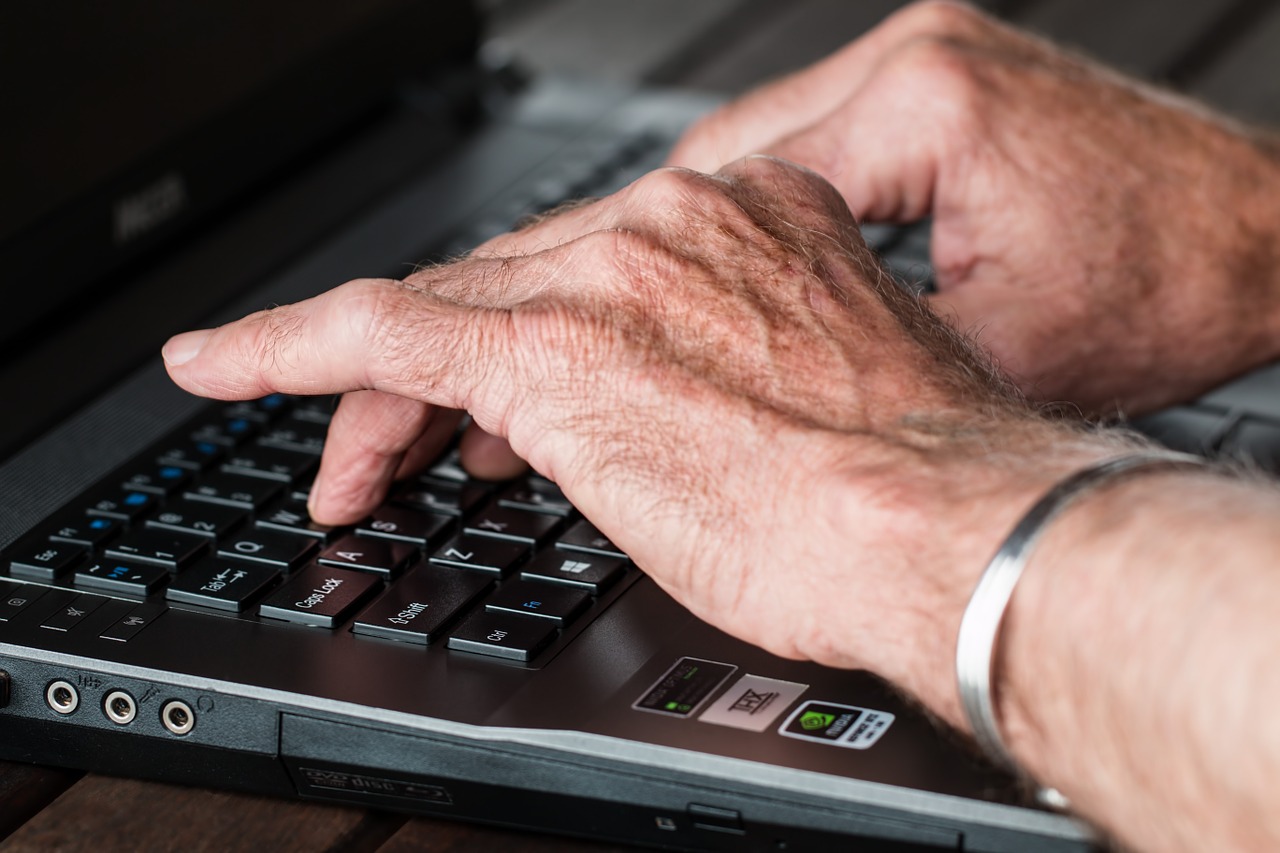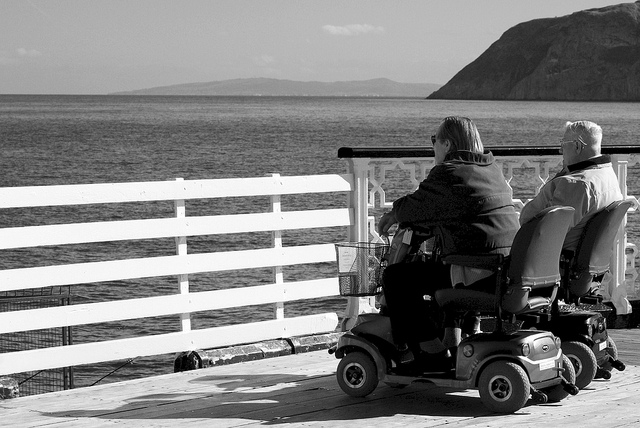If you are currently suffering with a physical disability, and use high spec mobility scooters, you are probably aware or have been through the process to claim for Disability Living Allowance (DLA).

But did you know that the benefit appeal process could have a radical makeover in terms of how decisions are made in terms of who receives benefits? Instead of ‘in person’ hearings benefit appeals could shift towards judges basing their verdicts on a series of written evidence, calls and/or video conferences; these changes are open to consultation until the end of October and are part of an effort to digitise the justice system.
At the moment individuals who claim benefits have to appeal benefit decisions via paper submissions or by attending a tribunal. The new methods are hoped to be more convenient for people. The Ministry of Justice stated that non-physical appeals will only be used if it is suitable and appropriate, and for those that are not so tech-savvy, will be given the right support to assist them with the new digital system, with paper channels accessible for those who are not able to get online.
However, there is an increasing fear from disability advocates that this shift could have negative consequences, such as less appeals being upheld.
“We get 90% success when the appeal’s in person. On paper, even with us involved, it’s barely 50% success,” according to the founder and lawyer at Fightback 4 Justice, Michelle Cardno. “So it would be detrimental for claimants,” she added. Fightback 4 Justice is a not-for-profit organisation that offers people appeal advice and advocacy.
The results from research conducted by the University College London Judicial Institute and the Nuffield Foundation in 2013 found that claimants are nearly three times as likely to win their appeal for disability living allowance (DLA) after they have an oral hearing than paper on its own (with 46% in comparison to 17%). This demonstrates that without the disabled individual sitting in front of the judges that the panel cannot see for themselves how bad the condition is. This point was highlighted by Cardno, “If the claimant is there to put it across in person, no matter how tough it is for them, that’s so much better.”
Co-founder of Benefits and Work, the non-for-profit benefits advice resource, Steve Donnison explains: “Appeal panels have to make a decision about the honesty and credibility of an appellant. It’s far easier for them to make this judgement if the claimant is in front of them answering their questions.”
Without seeing claimants in person there is a risk factor that all the evidence needed to make the decision is not available to the panel, who would usually ask for gaps, because claimants are not aware of the criteria for being eligible for benefits. “And when the appeal is by paper, the tribunal has no way of filling in the gaps in the evidence so they can’t make an award,” added Donnison.
There is also criticism of the paperwork that is provided to the tribunal, which has been seen as very poor. “There’s nothing on the form for disability appeals that tells people they should include evidence of their medical history,” Cheryl Thomas, professor of judicial studies at ULC pointed out.
There is also another significant change the government are considering that could see the success rate for appeals decrease. The government are considering changing the structure of the panels themselves, by removing a panel member who has experience of disability through disability appeals for DLA. The current appeals are currently heard by a judge, medical member and someone who has a disability or someone who is a carer.
Cardno strongly believes this cut could be detrimental to the success rates for disabled individuals winning their appeals, “I’ve seen that panel member steer the judge so many times, a simple thing like, if it’s said the claimant’s able to go shopping, the judge may make assumptions for a simple ‘yes, I can go to a supermarket’ and not explore further. But a panel member who is disabled themselves is more likely to explore a little more [to] establish if a person is able to do something such as shopping for the majority of the time instead of as a one-off, or odd times. They have more understanding that people push themselves through pain to try and do ‘normal’ everyday things.”
There have been several cuts to local welfare advice services that mean a lot of disabled individuals are struggling to fight benefit appeals alone, in the face of mental health problems, physical or learning disabilities.
It is unsure whether these changes will adversely affect the claimants of DLA – however an MOJ spokesperson stated: “We have a world-leading legal system and are investing over £700m to reform and digitise our courts and tribunal services to deliver swifter and more certain justice. We are consulting on proposals to make tribunals more flexible, so they can be composed according to the needs of the individuals involved, while still allowing members with specialist knowledge to take part in cases where necessary.”





